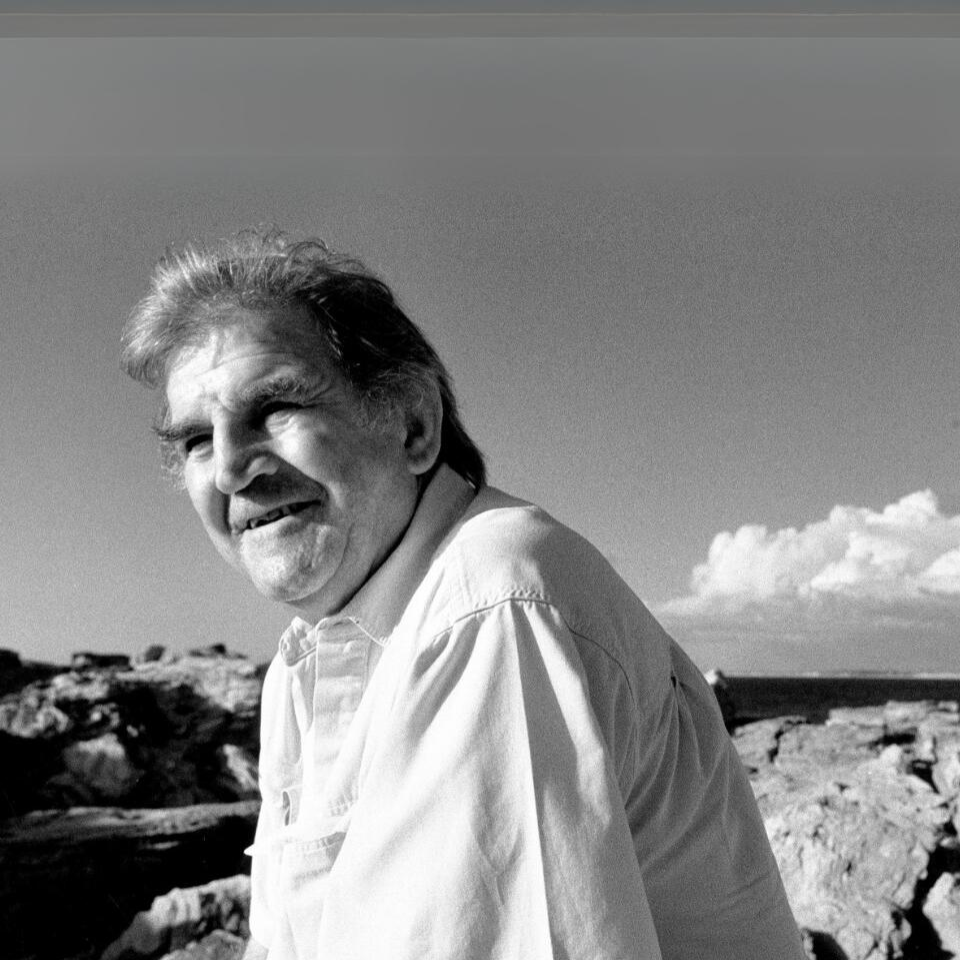
An unstoppable vision
Like Fred, we're working towards a world where no person is unnecessarily blind. For everyone, no matter whether they're rich or poor, to have the right to high quality and affordable eye care.
It's obscene to let people go blind when they don't have to.
From his early years to his work overseas
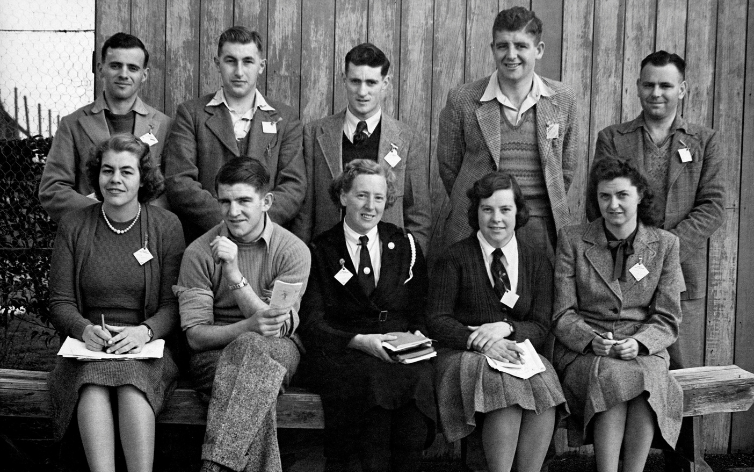
His early years
Fred Hollows was born on April 9, 1929 in Dunedin, New Zealand. He originally studied to become a minister, but a summer holiday job at a mental health facility opened his eyes to a different way of thinking. His talent in science meant he was offered a place in medicine, and after graduating, Fred began assisting eye surgeons. Fred eventually became so interested in ophthalmology, he moved to the UK to specialise in it. When he returned to Australia in 1965, it was to become Associate Professor of Ophthalmology at the University of New South Wales.
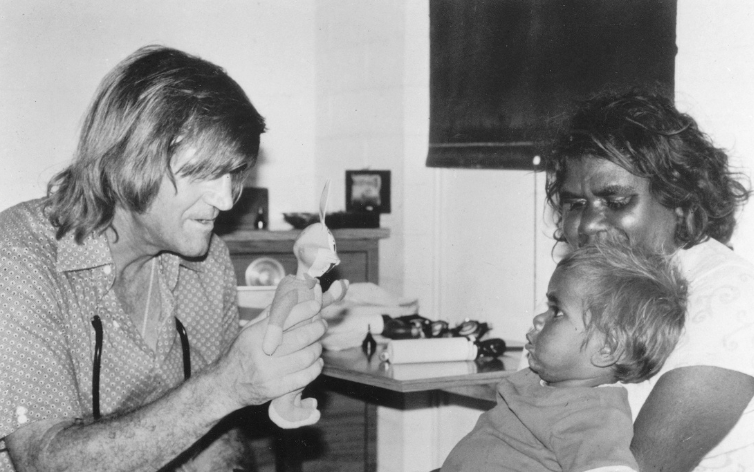
Bourke and rural Australia
In 1968, after seeing two senior Aboriginal men from Wattie Creek as patients in his eye clinic, Fred was invited to fly up to their camp in the Northern Territory. The poor standard of health in the camp, particularly in eye health, was a shock. He couldn’t believe that people lived in these conditions in a country like Australia. Fred was especially disturbed by the huge number of children and adults suffering from blinding trachoma – a disease rarely found in the rest of Australia. He was later asked to go to Bourke, 800km from Sydney, where he found the same shocking conditions. These moments sparked Fred’s indignation and drove his desire to fight for better access to eye health and living conditions for Indigenous Australians.
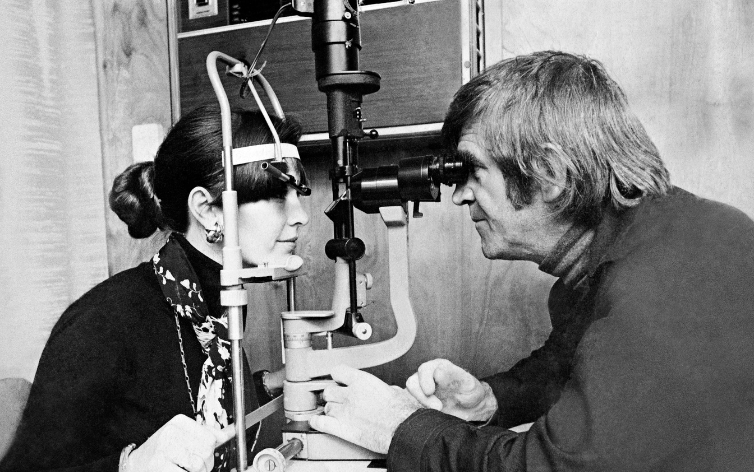
Fred, Gabi and family
Fred and Gabi first met in the early 70s during her training as an orthoptist. A few years later, they worked together on the National Trachoma and Eye Health Program a journey that took them to over 465 Indigenous communities in outback Australia. This was the beginning of their relationship and a lifelong partnership to drive change in Australia’s own backyard and in the developing world. Fred was the proud father of Tanya, Ben, Cam, Emma, Anna-Louise, Ruth and Rosa.
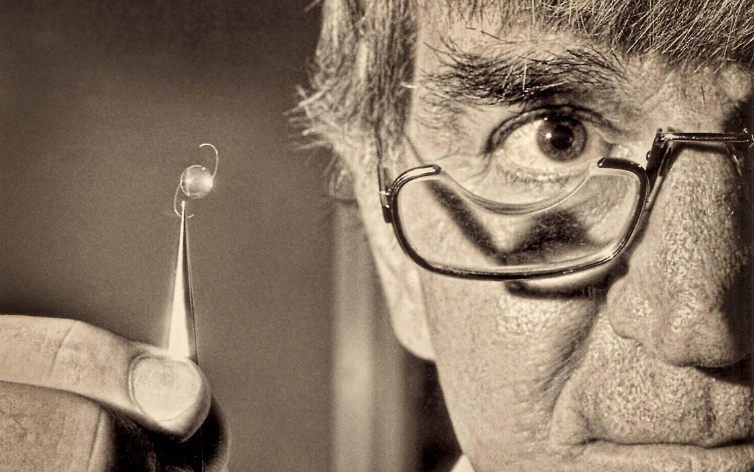
Fred takes on the world
In 1985, Fred visited Nepal, Burma, Sri Lanka, India and Bangladesh on behalf of the World Health Organisation and, two years later, he visited war-torn Eritrea. These experiences had a huge effect on Fred, motivating him to find a way to reduce the cost of eye care and treatment in developing countries. Fred saw the need for factories to produce affordable intraocular lenses. These lenses were used to treat cataract and significantly cut the cost of restoring sight. He sought to empower local communities by founding these factories in Nepal and Eritrea. The lenses were expensive when made in Australia, but cheap and accessible when made locally. The factories have produced millions of lenses and are a continuing reminder of Fred’s enduring impact.
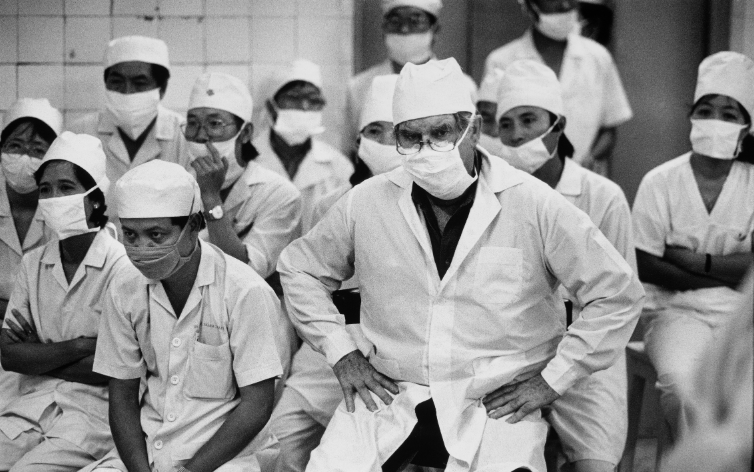
His final years
Despite being diagnosed with cancer, Fred was determined to keep pushing for change in the countries he cared deeply about. In the last few months of his life, he discharged himself from hospital to fly to Vietnam to train over 300 Vietnamese eye specialists in modern surgery techniques. Fred and Gabi set up The Fred Hollows Foundation with the help of some friends to ensure his work would continue into the future. Fred died on 10 February 1993 and was given a state funeral. He had asked to be buried in Bourke where he had a great affinity with the people and the land.
What we're doing is giving these people the chance to help themselves. We are giving them independence.
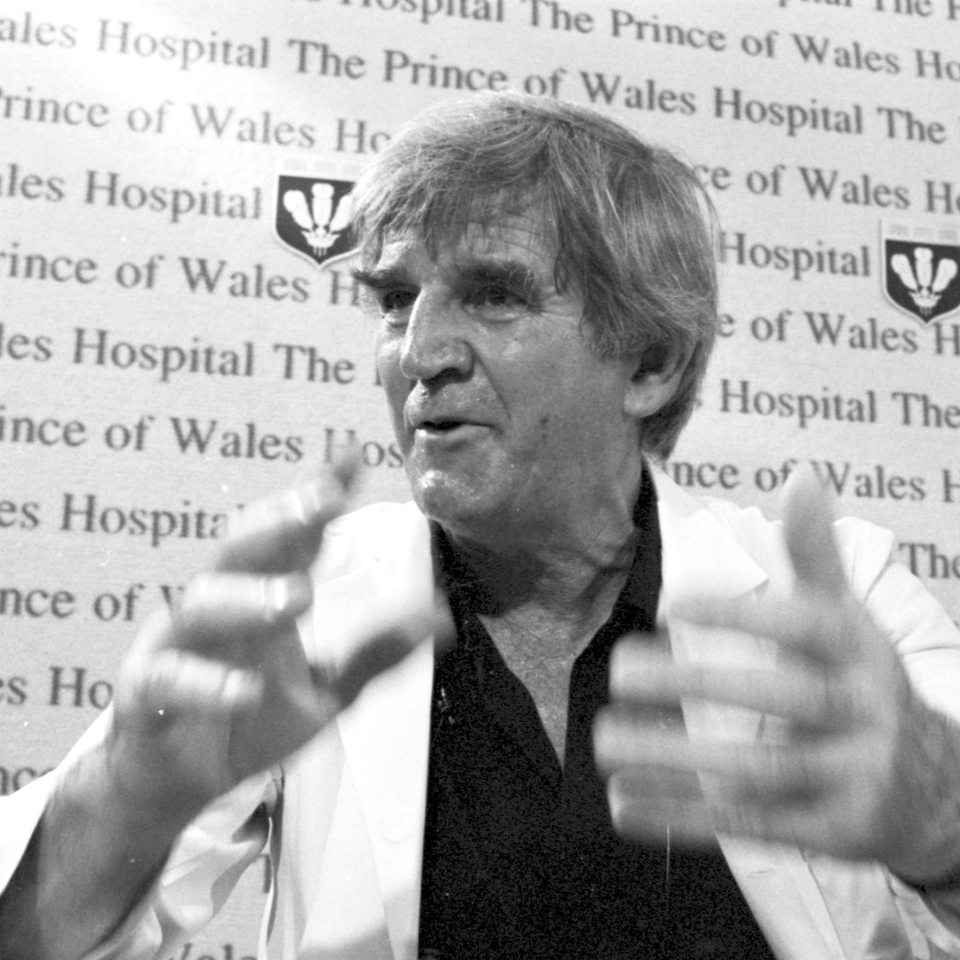
Today, we're continuing the work Fred set out to do – restoring sight, fighting for change and empowering communities.
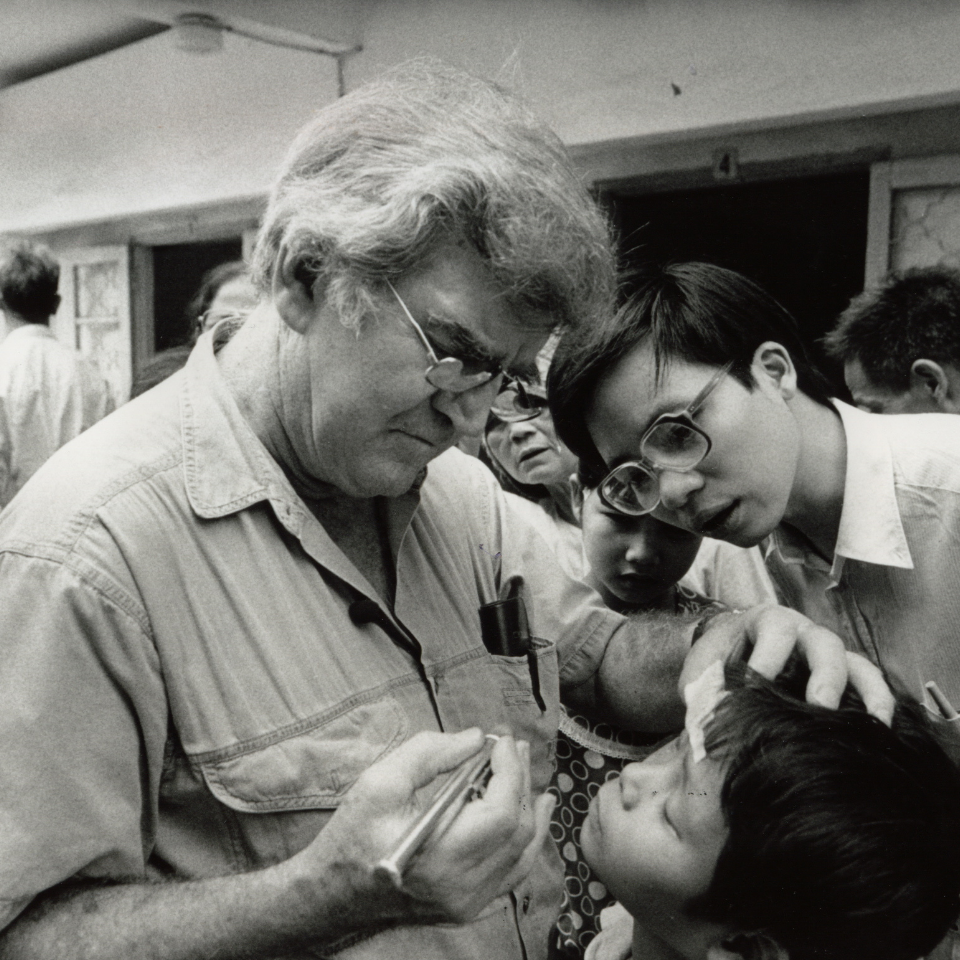
Continuing Fred's work
The Fred Hollows Foundation now works in more than 25 countries and has restored sight to over three million people worldwide. This couldn’t have been achieved without the overwhelming support of the Australian public. We’re as determined now as ever to end avoidable blindness. 9 out of 10 people who are blind don't need to be – there remains so much to do.
Fred's work continues very much in the way it started: by just getting on with it. The Foundation trains doctors, nurses and healthcare workers, distributes antibiotics, raises money for much needed equipment and medical facilities and performs eye operations exactly like the ones Fred did more than 30 years ago.
When someone's sight is restored, it gives people the chance for a better life. They're able to work, go to school and provide for their families. Fred believed that everyone, no matter whether they were rich or poor, had the right to affordable eye care. Our work won't stop until the injustice of avoidable blindness is completely eradicated in Australia and in the rest of the world.
We believe, without a doubt, this will one day be accomplished.
I believe the basic attribute of mankind is to look after each other.
Learn more about Fred's life and his work
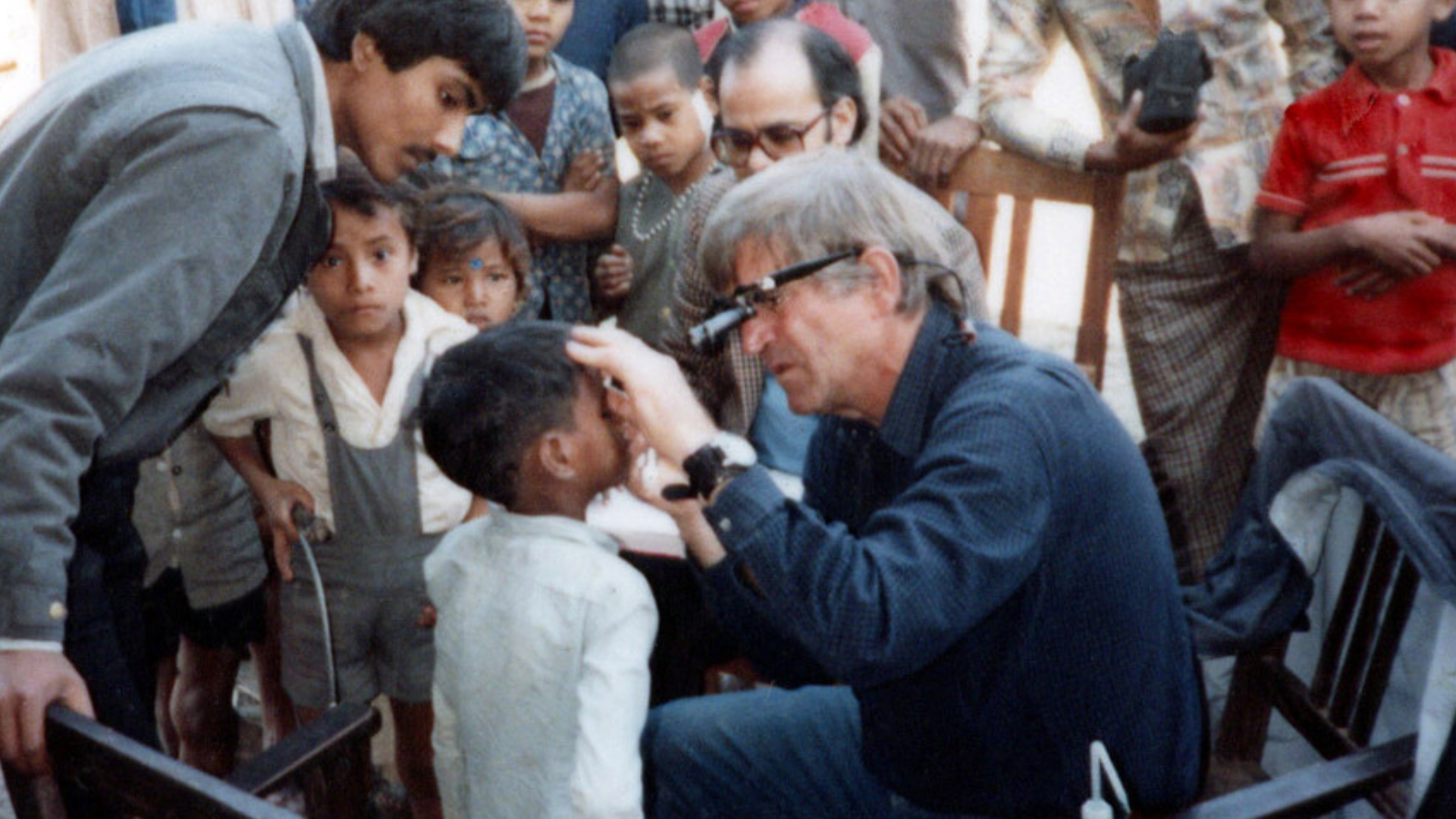
Fred Hollows' story: from his early years to his work overseas
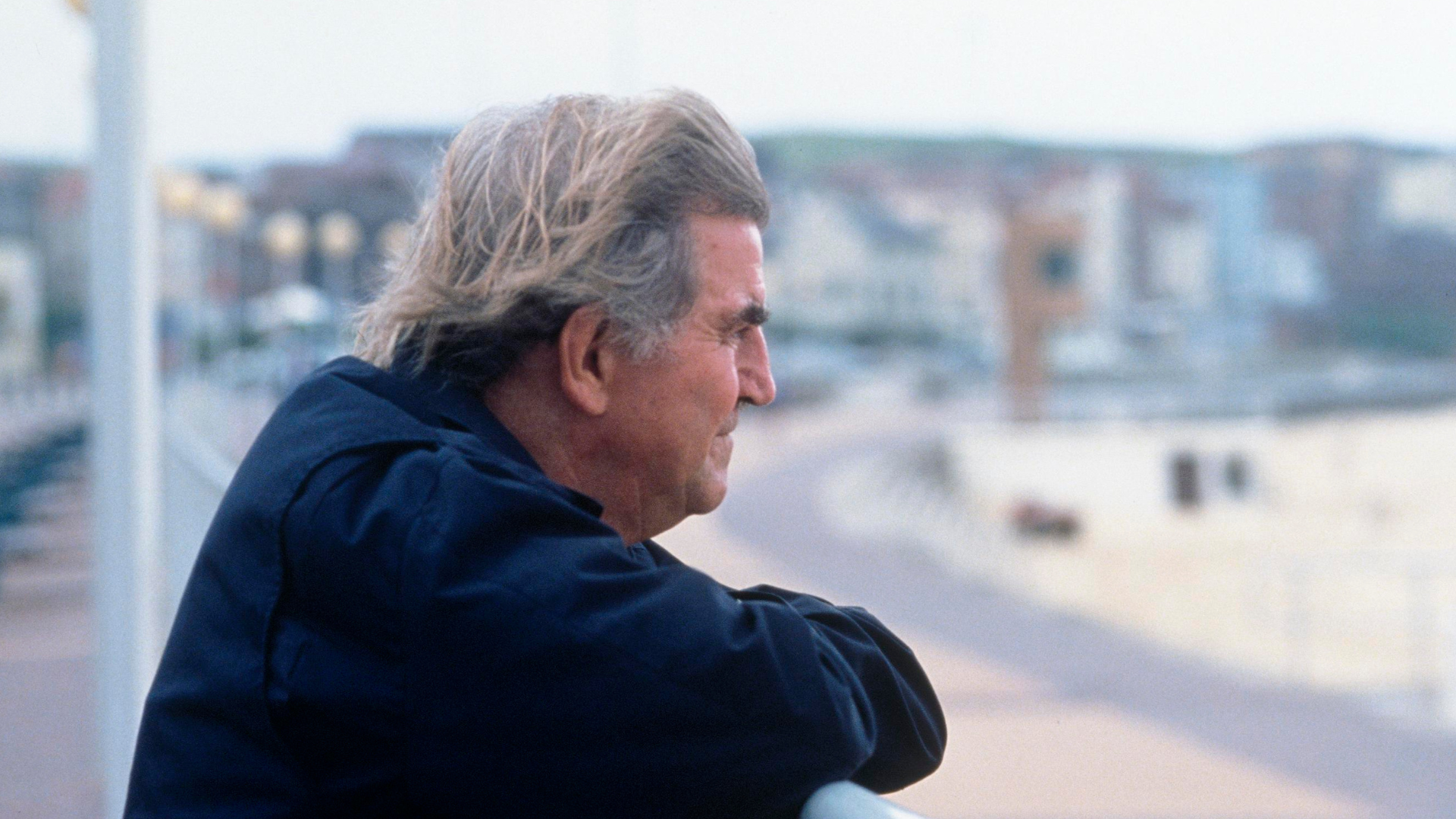
Fred's Final Years
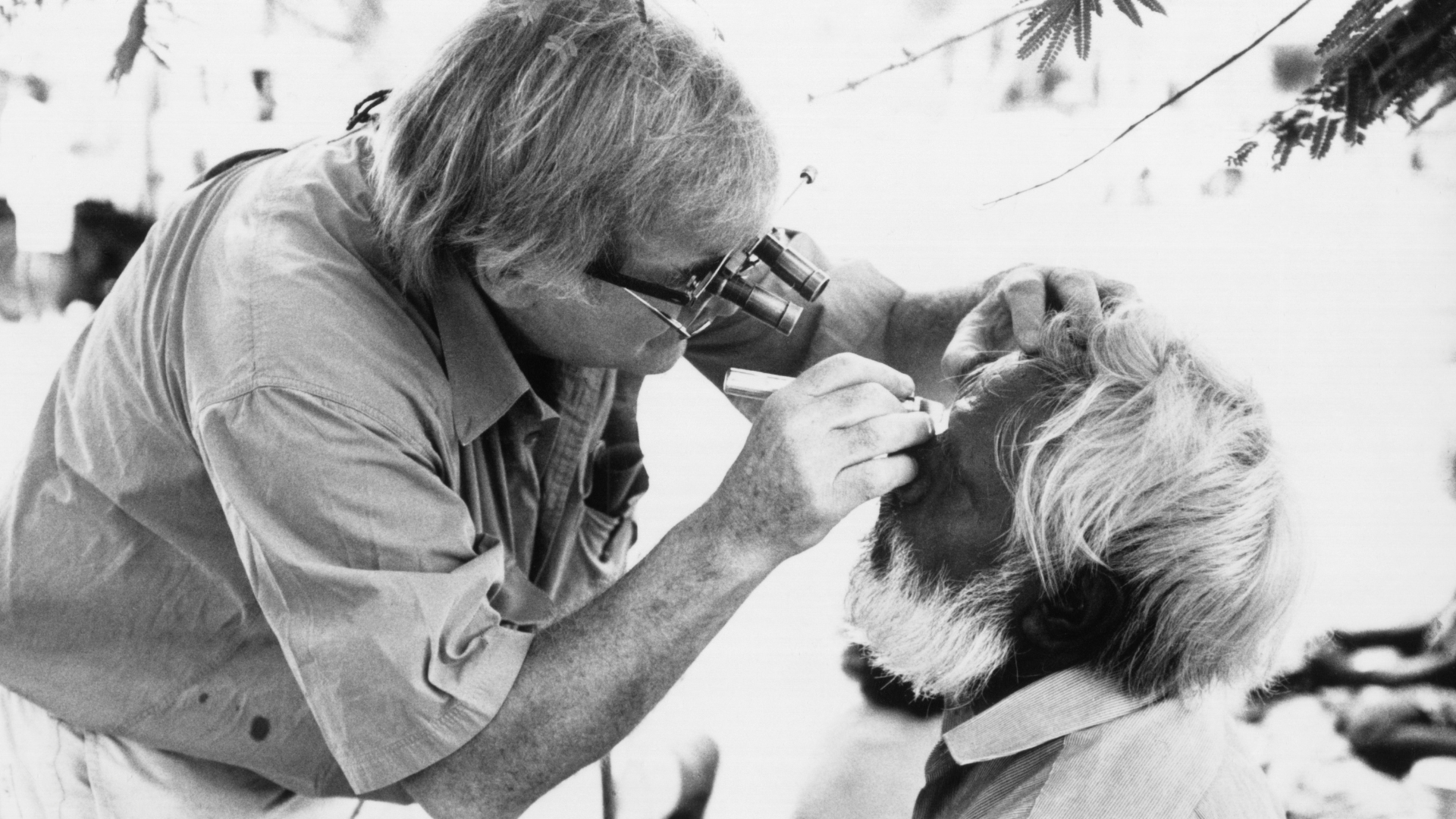
Times Fred Hollows stood up against injustice

